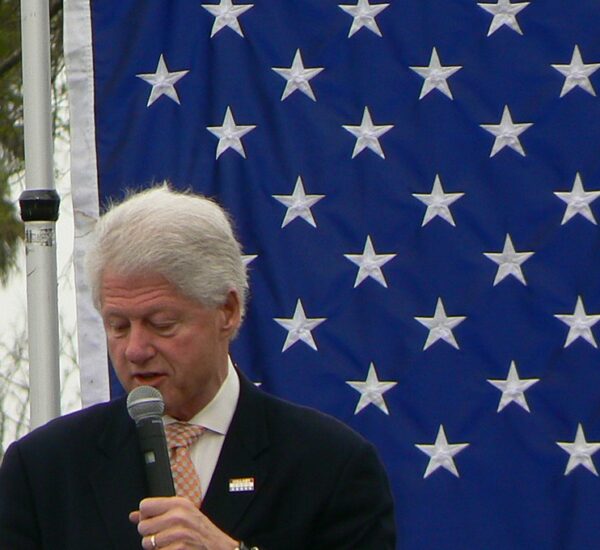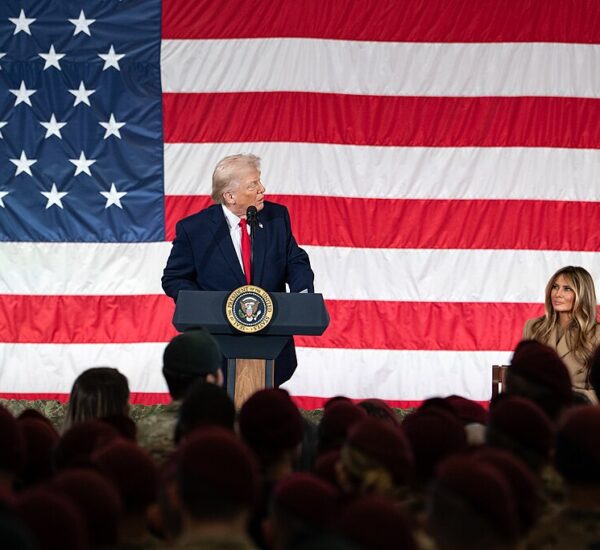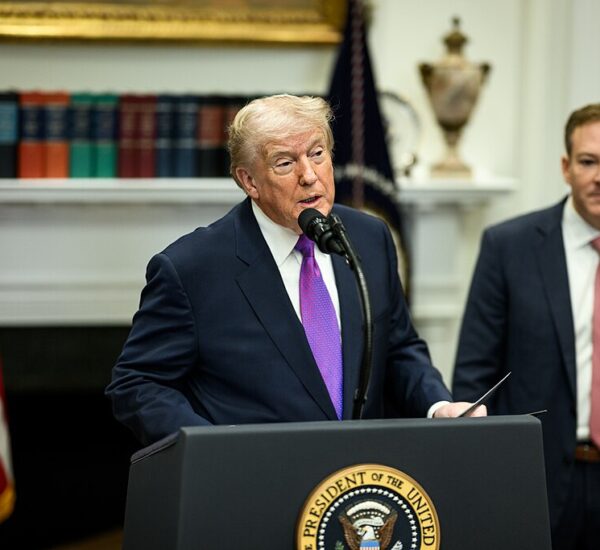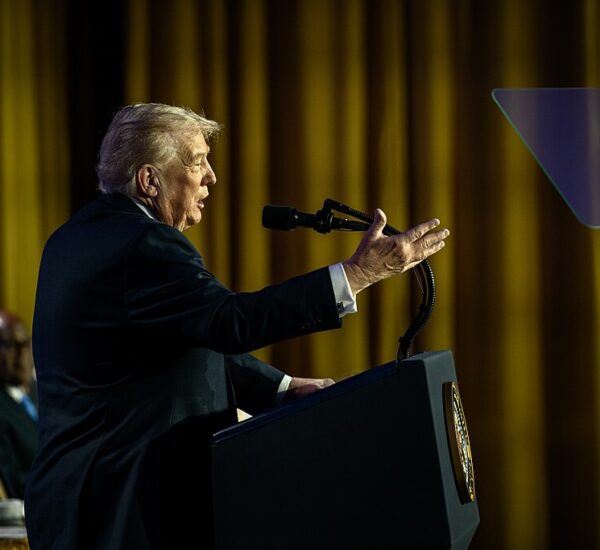Comey Off The Hook?
Former FBI Director James Comey is urging a federal judge to throw out the criminal case against him, arguing that major mistakes inside the grand jury process make the entire indictment invalid. The high-stakes filing is ramping up a legal fight that could expose serious failures inside the Justice Department.
Comey Claims Case Built on “Reckless” and Flawed Process
In a 29-page motion filed Friday, Comey’s legal team accused prosecutors of “fundamental errors” and “government misconduct,” saying these flaws reveal the reckless and ill-conceived nature of the prosecution.
This case is especially notable because Comey has long been one of President Trump’s most outspoken political enemies — and his legal drama is now drawing widespread attention among Americans concerned about fairness and transparency inside the FBI and DOJ.
His attorneys argue plainly: “Those grand jury errors warrant dismissal twice over.”
Indictment Came Just Days Before Time Ran Out
Comey pleaded not guilty to charges of making false statements and obstructing Congress during his 2020 testimony. The indictment was filed only days before the five-year federal statute of limitations expired — raising immediate questions about rushed procedures.
But in a Wednesday hearing, prosecutors openly acknowledged that the full grand jury never reviewed the final indictment. That admission gave Comey’s lawyers an opening to argue that no valid indictment was ever returned within the lawful timeframe.
They say the grand jury originally rejected a three-count indictment proposed by Lindsey Halligan, the U.S. attorney appointed by President Trump. Instead of returning with a revised version — the normal legal process — Halligan allegedly signed off on a separate two-count indictment the grand jury never saw.
His attorneys argue bluntly: “Because 12 jurors did not approve the actual indictment, there is no valid indictment of Mr. Comey.”
DOJ Scrambles to Correct Its Story After Courtroom Admission
After admitting the issue on Wednesday, the Department of Justice immediately tried to reverse course. On Thursday, prosecutors filed a “correcting the record” notice, now claiming a full grand jury did vote — blaming the discrepancy on what they call a “clerical inconsistency.”
They say transcripts support their version.
Comey’s team fired back hard.
They argue the DOJ’s new explanation “cannot save” a deeply flawed process, contradicts earlier statements in the case, and relies on an overly generous interpretation of a short exchange between a magistrate judge and the grand jury foreperson.
The defense also noted the absence of any recording of how prosecutors presented the indictment — another red flag in a case already marked by irregularities.
Judge Warns of “Disturbing Pattern” of Investigative Failures
Adding even more pressure, a magistrate judge this week granted Comey access to normally secret grand jury materials after finding what he called a “disturbing pattern of profound investigative missteps.”
This ruling is temporarily paused until U.S. District Judge Michael Nachmanoff issues a final decision, but the warning alone signals major problems for the government.
Comey’s lawyers say the alleged misconduct raises “grave doubt” about whether the grand jury’s decision was improperly influenced — especially since the vote reportedly came after lengthy debate and passed by a narrow margin.
They also made clear they may file additional motions once the grand jury materials are released.
Comey Launches Multiple Efforts to Get Case Dismissed
The latest filing is only one part of a broader legal strategy. Comey is also:
- Challenging Lindsey Halligan’s appointment as U.S. attorney
- Claiming selective or politically motivated prosecution
- Seeking dismissals based on constitutional and procedural violations
Federal judges have already heard arguments on two motions. U.S. District Judge Cameron Currie is expected to rule on Halligan’s appointment by Thanksgiving — a decision that could reshape the direction of the entire prosecution.






